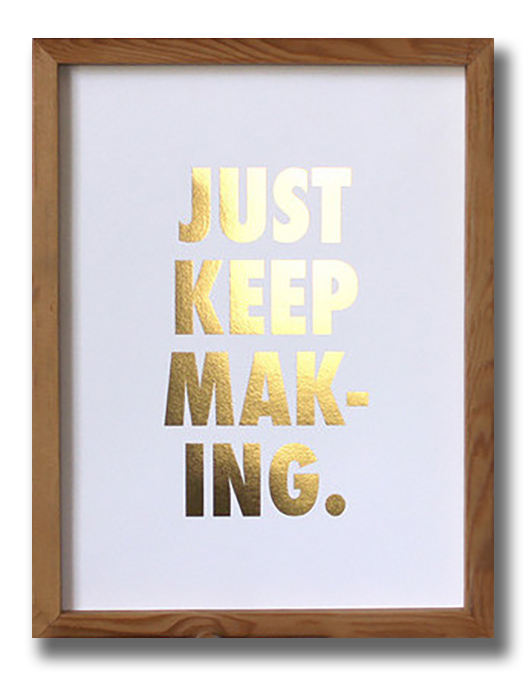The ancient masters of Japanese art were allowed to change their name once in their lifetime. They had to be very selective about the moment in their career when they did so. They would stick with their given name until they felt they had become the artist they aspired to be; at that point, they were allowed to change their name. For the rest of their life, they could work under the new name at the height of their powers. The name change was a sign of artistic maturity.
Twyla Tharp, The Creative Habit
